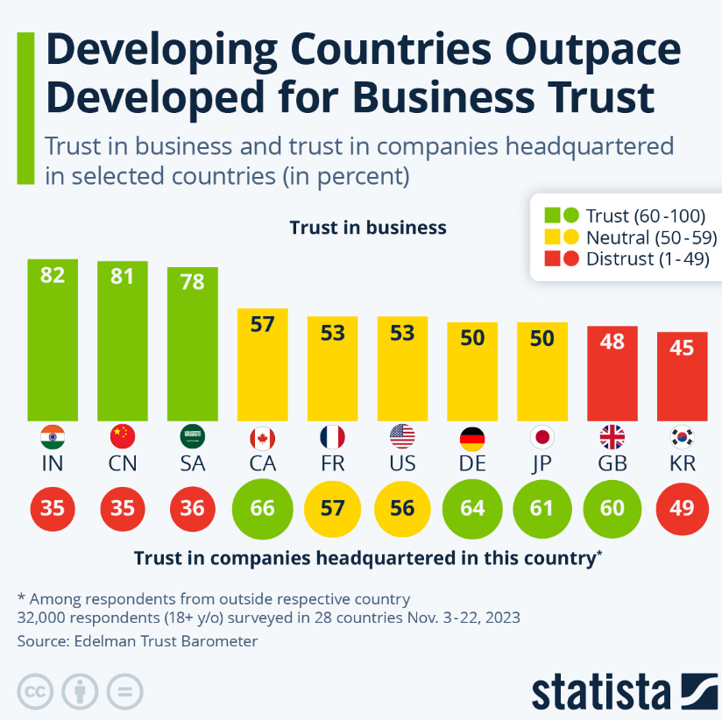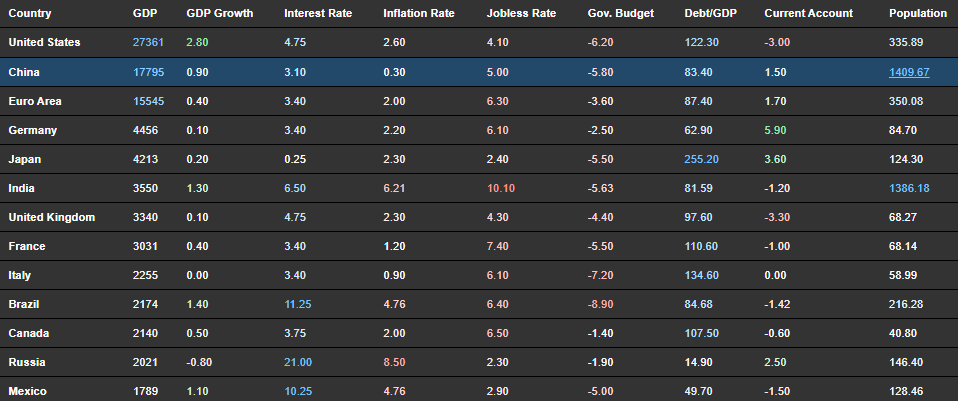Home > Edgenie Sunday Schroll: Newsletter > Don’t Make This Mistake When Revising for a Test
Jump to Section:
Don’t Make This Mistake When Revising for a Test
Could seaweed replace plastic packaging?
Summary
A Level Economics Questions:
Possible A Level Economics 25 Marker Question
Infographic of the Week

The Rise of Digital Trade Exports
Digital trade exports have grown significantly over the past decade, outpacing traditional goods and services trade. In 2023, digitally delivered services constituted 13.8% of global trade, valued at $42.4 billion. Leading the market were computer services, accounting for 20.5% of exports, followed by financial and intellectual property services. Platforms like Amazon Cloud, WordPress, and PlayStation exemplify the global reach of these exports. While entertainment services, such as Netflix and Spotify, made up a modest 2.1% of the total, the digital trade sector continues to evolve, reshaping international commerce as more transactions cross borders digitally.
Chart of the Week

Trust in Business: A Divide Between Developing and Developed Nations
The 2024 Edelman Trust Barometer reveals a stark contrast in business trust levels between developing and developed countries. In India, 82% of adults expressed trust in business, yet only 35% of respondents from 27 other countries trusted Indian companies. Similar scepticism surrounds companies headquartered in China, Saudi Arabia, and South Korea. Conversely, developing nations exhibit higher trust in business institutions, while developed nations, like the UK and South Korea, report lower trust levels at 48% and 45%, respectively. This divide highlights varying perceptions shaped by economic and cultural contexts.
Macroeconomic Data

Whenever you're ready there is one way I can help you.
Emre Aksahin
Chief Learning Officer at Edgenie


